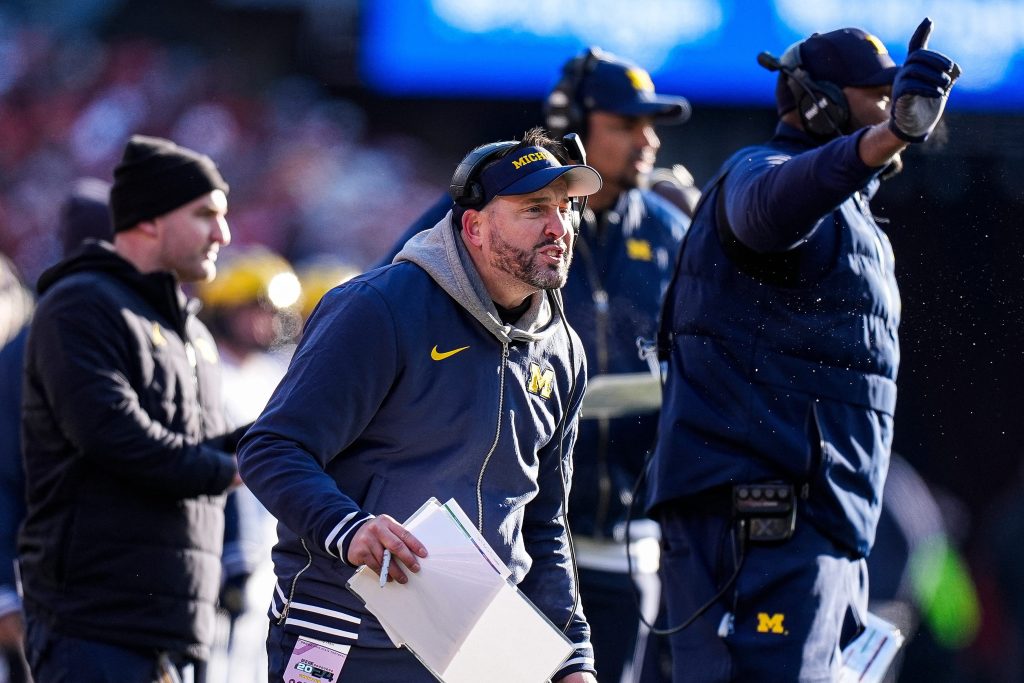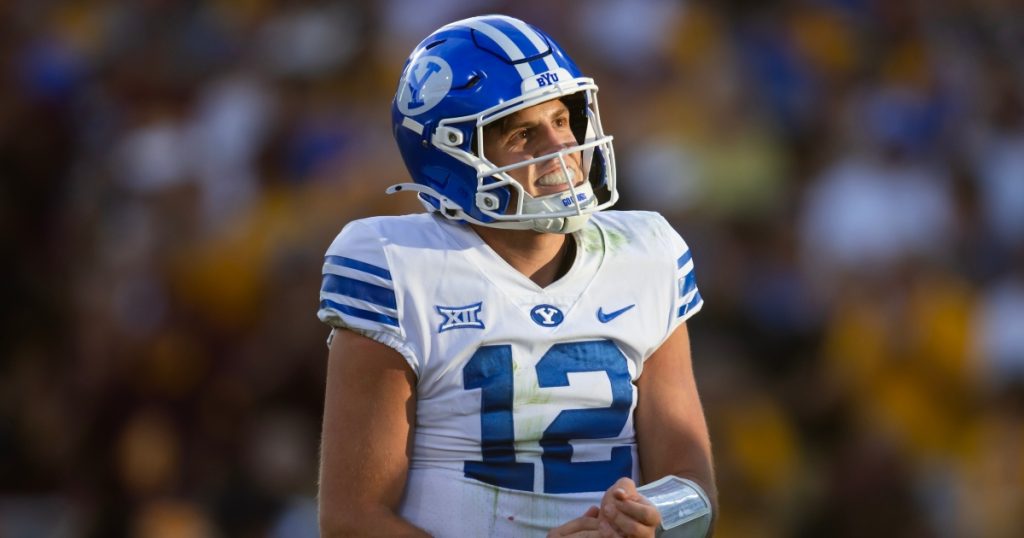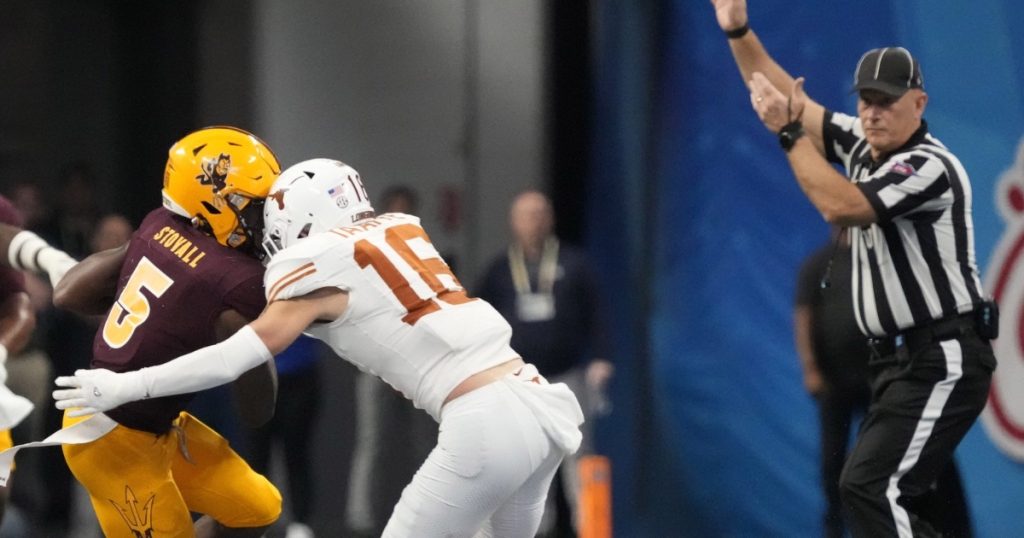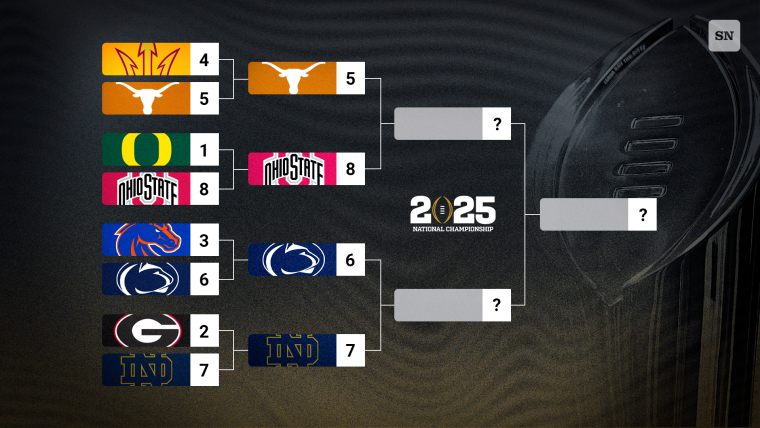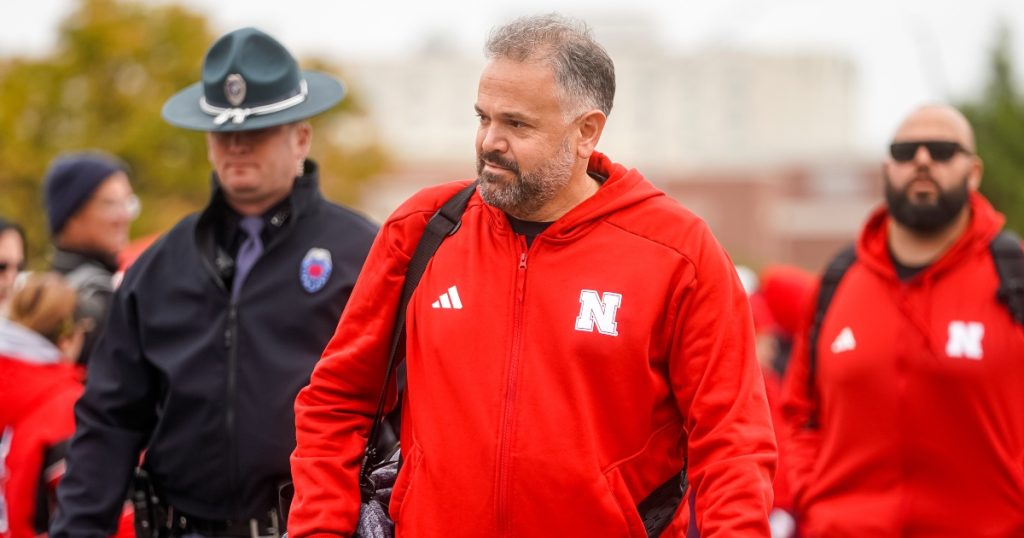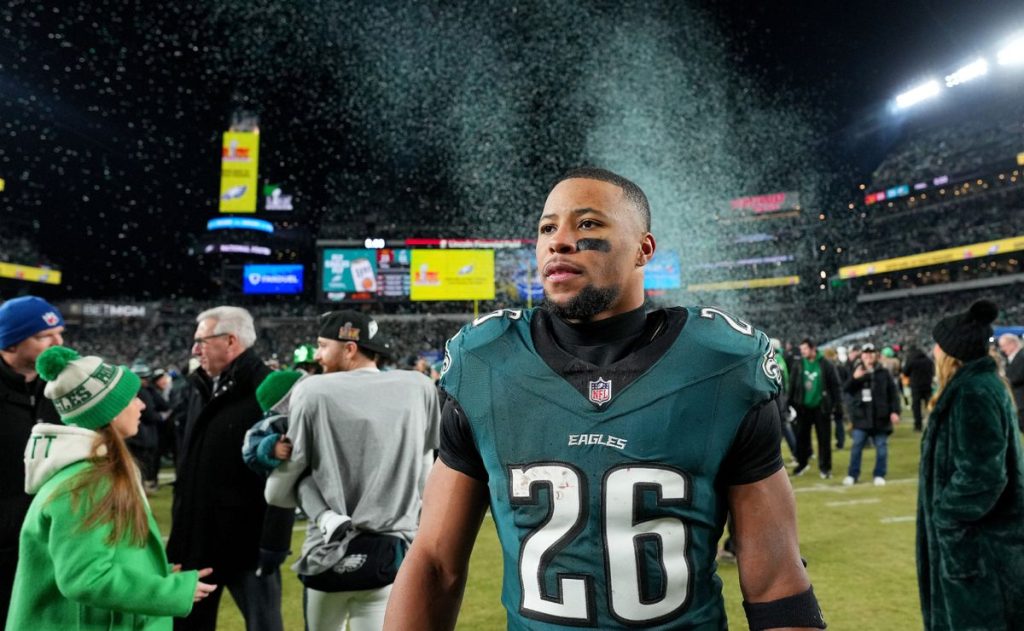The Michigan Wolverines have made a significant coaching change this week, parting ways with offensive coordinator Kirk Campbell after a narrow 13-10 victory over the Ohio State Buckeyes in Week 14. This decision follows a disappointing 7-5 season in 2024, a campaign that did not meet the expectations of a program with such a storied history. With the recent commitment of the nation’s top recruit, Bryce Underwood, to Michigan, the timing of this transition is not surprising.
What’s Next for Michigan’s Offense?
In the wake of Campbell’s departure, tight ends coach Steve Casula has stepped in as the interim offensive coordinator. His performance in this role could very well determine whether he becomes a permanent fixture in the coaching staff. The upcoming bowl game will serve as a crucial evaluation period for Casula, as the Wolverines look to revitalize their offensive strategy.
As the Wolverines prepare for this pivotal moment, fans and analysts alike are eager to see who might fill the offensive coordinator role permanently. With Underwood’s talent in mind, it’s essential for Michigan to find a coach who can maximize his potential and lead the offense into a new era.
3 potential candidates likely to replace Kirk Campbell for Michigan OC job
1) Joe Moorhead
One of the top contenders for the offensive coordinator position is Joe Moorhead, who is currently the head coach at Akron. Moorhead has a solid track record as an offensive coordinator, having previously led the offenses at Penn State (2016-2017) and Oregon (2020-2021). His philosophy centers around efficient offensive play, which could align perfectly with Underwood’s skill set as a quarterback. However, the big question remains: is Moorhead willing to leave Akron for the opportunity at Michigan?
2) Joe Craddock
Another name that has emerged as a strong candidate is Joe Craddock. Known for his dynamic offensive strategies, Craddock has held coaching positions at SMU, Arkansas, Troy, and Tulane. His experience and success in developing quarterbacks make him a fitting choice for Michigan. Under his guidance, Tulane has shown impressive growth in their passing game, which could be exactly what the Wolverines need to take advantage of Underwood’s talents.
3) Tyson Helton
Lastly, Tyson Helton, the head coach of Western Kentucky, is also in the mix. Helton has a history of nurturing talented quarterbacks, having helped UAB’s Joe Webb and USC’s Sam Darnold reach their potential. While moving from a head coaching position to an offensive coordinator role might seem like a step back, the allure of coaching at a prestigious program like Michigan could be a significant draw for him. Helton led Western Kentucky to an 8-4 season in 2024, showcasing his ability to build a competitive program.
Evaluating the Candidates
As Michigan looks to rebuild its offensive identity, the selection of the next offensive coordinator will be crucial. Each of these candidates brings unique strengths to the table. Moorhead’s experience and offensive efficiency, Craddock’s innovative strategies, and Helton’s quarterback development skills all present compelling arguments for their hiring.
The Wolverines need a coach who can not only implement a successful offensive scheme but also connect with Underwood and other young talents on the roster. The right choice could set the foundation for a resurgence in Michigan football, a program that has historically been a powerhouse in college football.
The Importance of Timing
With the offseason approaching, Michigan’s decision to make this change now allows the program to start fresh and build momentum heading into the next recruiting cycle. The commitment of Bryce Underwood is a significant boost, and the Wolverines must capitalize on this opportunity to attract more top-tier talent.
The upcoming bowl game will be a critical moment for Michigan, not just to evaluate Casula, but also to set the tone for the future. A strong performance could energize the fan base and signal a new direction for the program.
As fans eagerly await the announcement of the new offensive coordinator, one thing is clear: change is in the air at Michigan. The Wolverines have the potential to turn things around, especially with the right leadership in place. The excitement surrounding the program is palpable, and supporters are hopeful for a brighter future.
In the world of college football, the stakes are always high, and Michigan is no exception. With a rich history and passionate fan base, the Wolverines are poised to make a significant impact in the coming seasons. The next few weeks will be crucial in determining the path forward, and all eyes will be on Ann Arbor as this story unfolds.

